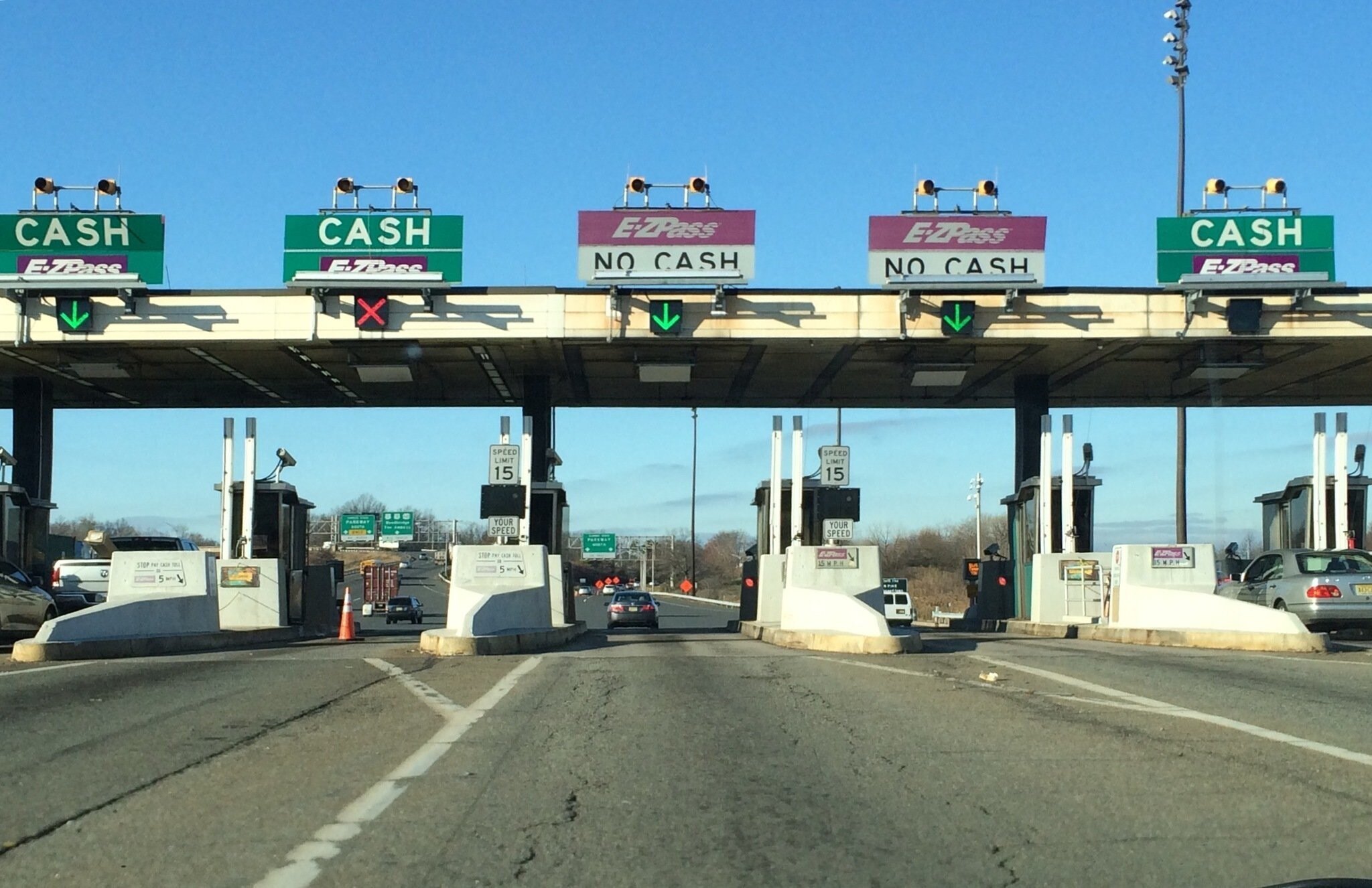Navigating Toll Documents: Statements, Invoices, and Violations
Toll documents come in various forms—each serving a different purpose. From toll statements and invoices to violations and photo plate toll invoices, learn how to distinguish between these documents and manage them efficiently for your fleet.
Decoding Toll Documents
Each document, whether it's a toll statement, invoice, or violation notice, carries its unique set of information, purpose, and action points. Understanding these differences and similarities is crucial for efficient fleet management, ensuring payments are timely, disputes are handled correctly, and budgets are accurately forecasted. Let's unpack these documents one by one, shining a light on their characteristics and how they impact your fleet operations.
Toll Statements
Toll statements are like the monthly bank statements for your personal account. They're a comprehensive record of all toll transactions associated with your fleet vehicles over a specific period. These documents detail each toll event, including the date, time, location, and amount charged. Think of these as receipts for tolls paid.
These documents help you keep tabs on your expenditures, ensuring there are no unexpected charges. They're also invaluable for reconciling expenses and preparing for financial audits.
Toll Invoices
These documents are essentially bills sent by the tolling authority, requesting payment for tolls incurred. Unlike toll statements, which record transactions, invoices are a call to action—they need to be paid by a certain deadline to avoid late fees or additional penalties. Invoices are usually sent out monthly and should align closely with your toll statements, providing a straightforward way to verify charges before making a payment.
License Plate Photo Toll Invoices
When a vehicle passes through a toll plaza without a valid transponder or pre-paid account. The tolling system captures a photo of the vehicle's license plate, and the registered owner is then billed for the toll amount. These invoices serve a dual purpose: they ensure toll compliance while offering a payment solution for non-regular toll road users. For fleet managers, these can be a bit of a headache, as they require close attention to ensure that each vehicle in the fleet is properly equipped and accounted for to avoid unnecessary charges.
License plate tolls may arrive as individual invoices through the mail, directed specifically at the incident where a transponder was not used or recognized, however, some agencies opt to consolidate these photo toll transactions with the monthly toll bill. The consolidated bill includes both the tolls incurred via transponders and those captured by photo, providing a comprehensive overview of all toll activities in one document.
Violations
Violations are notices sent out when a toll has not been paid properly. This could be due to a variety of reasons, like speeding through a toll plaza, a vehicle not being associated with an account, or simply forgetting to pay a toll invoice on time. Violations come with additional fines in addition to the original toll amount, and they can take 1-2 months after the incident to land in your mailbox. As an added detriment, they're typically sent out as separate documents from your regular toll statements and invoices, which can cause confusion and complicate the management process.
Keeping Track of it All
tollogic™ is here to help. This interface allows customers to upload, organize, and reconcile all their tolling documents in one centralized location and it’s designed to alleviate the toll document conundrum. Imagine the ease of having toll statements, invoices, violations, and photo plate toll invoices accessible at the click of a button, with automated tools to match payments and charges, highlighting discrepancies and ensuring no detail is overlooked.
Take Charge
Navigating the landscape of toll documents doesn't have to be an ordeal filled with confusion and inefficiency. By streamlining your toll document management and reconciliation, tollogic™ helps you achieve a new level of organization and clarity.



